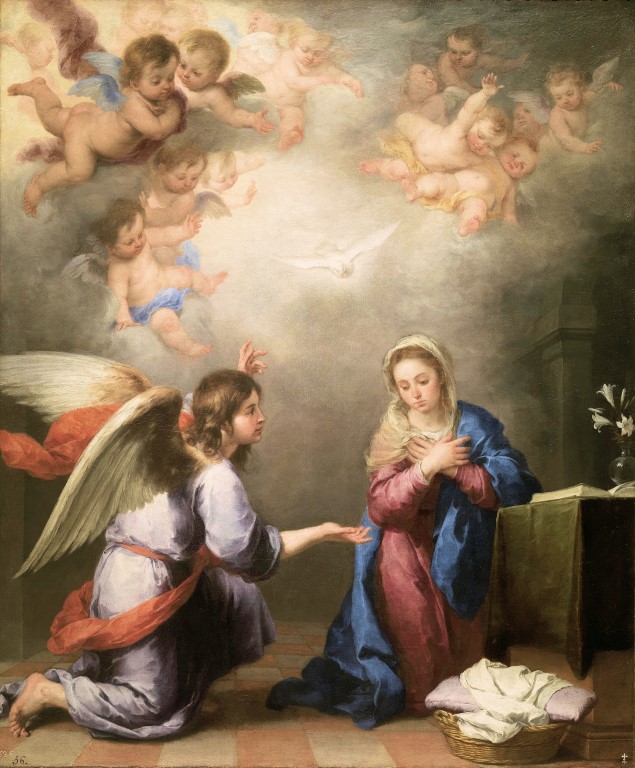Abstinence and Friday of the Easter Octave
Must we abstain from meat on the Friday of the Easter Octave? In my "Catholic Dilemmas" column in the Catholic Herald of 29 March 2013, I said that we should. This has created a larger correspondence than any other of the columns that I have written in the past six years. So I thought I should address the question further here.
First of all the law concerning abstinence. The relevant canon of the current Code of Canon Law says:
Abstinence from meat, or from some other food as determined by the Episcopal Conference, is to be observed on all Fridays, unless a solemnity should fall on a Friday... (Can. 1251)So the question is whether the Friday of the Easter Octave is a solemnity. In the 1969 document Calendarium Romanum, we read the following in the Normae Universales de Anno Liturgico et de Calendario:
Octo primi dies temporis paschalis constituunt octavam Paschae et uti sollemnitates Domini celebrantur. (n.24)(The same wording is repeated in the Caeremoniale Episcoporum n.373)
(The first eight days of paschal time constitute the octave of Easter and are celebrated as (or “in the same way as”) solemnities of the Lord.)
"Uti" is a variant of "ut" and is used in the sentence here as what Lewis and Short term a “relative adverb of manner”, equivalent to “eo modo quo” which can be translated “in the same way as which”, or simply “as.”
So the most straightforward reading of the sentence would take it to mean that the days of the Easter Octave are celebrated “in the same way as solemnities of the Lord – even though they are not in fact solemnities.” A less convincing but, I think, arguable alternative would be to read it to say that the days of the Easter Octave are celebrated “in the same way as solemnities of the Lord – because they are in fact solemnities.”
The former interpretation seems more probable to me not only on linguistic grounds but also because it makes sense for the feast itself to rank higher than the days of its Octave. In the older calendar the weekdays of the Easter Octave used to have the rank of semidouble. This was changed before 1962 in a simplification into three classes which introduced a lack of nuance we continue with in the present system.
Unfortunately the somewhat hasty reform (and re-reform a few years later) brought with it anomalies in the observance of feasts. One example in the Easter Octave is that the Creed is not now said on the weekdays of the octave – surely it should be said, whether the days are solemnities themselves or just treated as such?
On reflection, I was perhaps too definite in my answer in the Catholic Herald. It would be tempting just to leave the question alone – but it was a genuine query which I have also since had repeated from a parishioner who did not see my column in the paper.
So what should I answer to the question “Should we abstain on the Friday of the Easter Octave?” I suppose, unhelpfully, we just have to say that there are two legitimate interpretations of an ambiguous provision in the calendar.
However I will certainly be abstaining from meat tomorrow. (Let's be honest, it's not that hard.)
And, in the hope of saving some time, let me quote a part of the short article:
Doubtless some will consider this all very nitpicking and legalistic, and protest that we should be concerned with the “spirit” of fasting rather than calendrical minutiae. Yet the point of days of fasting and penance prescribed by the Church is so that we can share together, as a communion in Christ, in a common practice of penance. Observing canon law does not prevent us from prayerfully fulfilling the spirit of penance as well.


